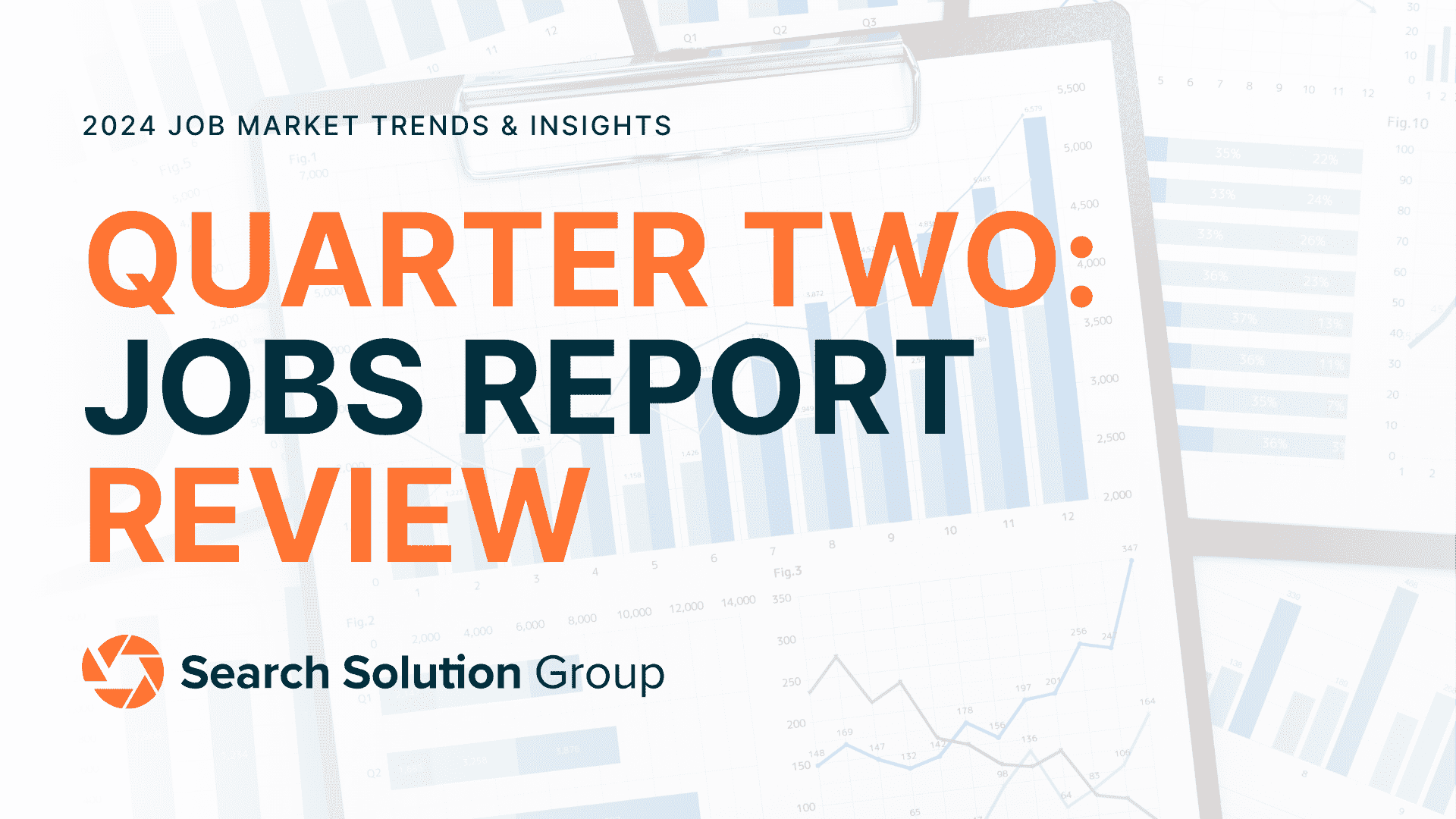Total Rewards is perhaps the most important buzzword floating around today’s recruitment landscape. It represents a paradigm shift in how companies attract and retain top talent, as well as how job seekers evaluate positions from a compensation standpoint. Needless to say, Total Rewards is quickly shaping how organizations sell themselves to prospective hires. To do this successfully takes a team of Human Resources professionals who not only “talk the talk,” but also “walk the walk” when it comes to Total Rewards orchestration and administration.
What is a total rewards strategy?
Put simply, a Total Rewards strategy encompasses all employee-related costs, including salary, benefits, incentives, bonuses, and certain intangibles. From a cost and accounting standpoint, Total Rewards represents a company’s overhead for each individual employee. From a recruitment and retention standpoint, Total Rewards represents the value proposition a company extends to qualified candidates.
A Total Rewards strategy can be incredibly complex to orchestrate and administrate, which is why there are now specializations within the Human Resources career track that focus on Total Rewards. These professionals help companies not only put together alluring packages when the time comes to hire; they also ensure rewards strike a balance between employee compensation and overhead costs. It’s a task that requires no small level of skill and experience.
Using total rewards to attract and retain talent
In today’s modern hiring environment, employees want more than a competitive salary. They want an inclusive and supportive culture. They need health and wellness benefits. They prefer to align with employers in terms of ideology and philosophy. These needs and wants go beyond a paycheck — which is where Total Rewards comes into play.
Total Rewards brings financial, health, ideological, cultural, and environmental benefits under a singular umbrella, to attract and retain talent. Often, this means tailoring plans that bridge employee expectations with reasonable rewards. Examples might include:
- Reimbursing employees for gym memberships as part of a wellness program.
- Covering the cost of remote coworking fees up to a certain amount within a given month.
- Offering quarterly bonuses tied to employee-specific development goals.
Rewards can span intrinsic and extrinsic focuses, and take the form of monetary or non-monetary benefits. Given this complexity, there’s increasing demand for Total Rewards professionals who not only understand how to structure these incentives, but do so in a way that makes fiscal sense for the company.
Outlook and trends for Total Rewards professionals
Total Rewards skills are in high demand going into 2023 as more businesses strive to meet the evolving demands and expectations of today’s candidates. The question for many companies is a simple one: which professionals possess the skills to create and maintain a successful Total Rewards program?
If you’re seeking to add a Total Rewards professional to your staff — or retain a core member of your recruitment team — take a look at the outlook and market trends associated with key positions:
- Compensation and Benefits Manager. The salary for this position hovers between $61,000 – 125,000, largely based on experience. The BLS predicts job growth of 2% through 2031.
- Human Resources Manager. The top-end salary for experienced HR management professionals in 2021 was $126,230 according to the BLS. Job growth is estimated at 7% by 2031.
- Total Rewards Director. According to Glassdoor, the average base salary for a director-level Total Rewards professional is $87,734; however, top earners can range up to $184,000 annually.
- Human Resources Benefits Administrator. This integral position has an annual average salary of $55,842, with well-tenured and top-earning professionals taking home upwards of $70,000 annually.
It’s important to note that Total Rewards positional considerations go far beyond the positions outlined here. While these are the core contributing roles in creating, executing, and managing a Total Rewards approach, numerous other roles assist as well. Total rewards consultants, program managers, benefits analysts, and a variety of other positions are instrumental in a successful Total Rewards offering at-scale.
A Total Rewards strategy requires informed administration
Candidate expectations have shifted in recent years. Given the choice between similar salaries, talented professionals will probe deeper to learn more about the incentives prospective employers offer. They want to know more about wellbeing support inside and outside the workplace, flexibility and autonomy, ESG and DEI initiatives, and more.
Does your company have a well-defined Total Rewards strategy? Do you employ Human Resources professionals with the experience to orchestrate and administrate these increasingly complex programs? If not, the time has come to find them — they’re the gatekeepers to a strategy that could define the way you add future talent to your team.
Learn more about Total Rewards and staffing at searchsolutiongroup.com.






